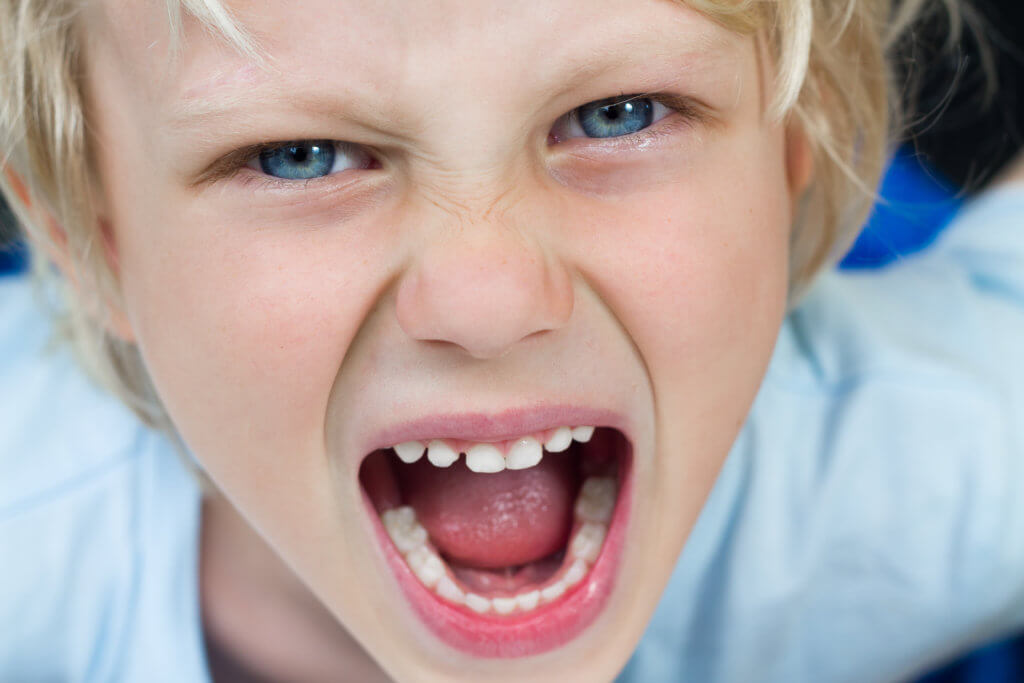Kids with ADHD are often known for their explosiveness and impulsivity. One part that is often overlooked is the internal tornado that people with ADHD experience on an everyday basis. It’s like not knowing what will come next- when your own body will betray you.
We’ve talked about Rejection Sensitivity Dysphoria (RSD) and how it relates to social relationships. (If you haven’t already- read this blog first to learn more about how RSD impacts kids with ADHD). Relationally, it is the perception of, or the reality of rejection or others’ disliking you. This creates a tendency to either avoid or overreact to social dynamics. However, there is another really important side to RSD- how it impacts emotions.
Rejection Sensitivity Dysphoria also relates to the internal experience a person with ADHD is having in the moment.
Think of it as a mama bear moments- One of your kids is acting wild at a fancy restaurant. You are feeling uncomfortable, antsy, and ‘just know’ someone is going to complain. You see someone complain to the manager. The manager starts walking to your table and you know they are about to ask you to leave. All that anxiety and emotional stuff is building inside of you and your mama bear is ready to protect your kids no matter what. You consciously know they are being inappropriate for the setting but you know they are trying- they truly are but food has taken 90 minutes and they are starving. The manager opens his mouth (and you’re ready to complain etc) and he says ‘I want to thank you so much for coming today. I want to apologize that another patron has been rude and I want you to know you and your family are welcome anytime, and I am going to comp your meal because it has taken so long and were also bringing you all dessert. You’ve already said (or thought) lots of mean things but instantly you feel bad, remorseful, and ‘cant believe you were going to (or did) react that way’.
All of those emotions you just felt are RSD but for a person with ADHD, it is constant, for every situation. It’s like knowing you are going to do the wrong thing, eventually, because you always end up doing the wrong thing. Even when you try your hardest- you’re gonna mess up anyway. And this, is only a portion of the tornado that occurs internally due to ADHD. So let’s face it…why try. This is why kids with ADHD give up so often and act so defensive! The emotional portion of Rejection Sensitivity Dysphoria is their inner dialogue. It is the part of them that beats them up all day long. It is the part of them that reminds them that they are never good enough, that they are going to mess up anyway and that they are a mistake. If you’ve ever heard your child with ADHD say they wish they weren’t alive or that God hadn’t made them- that is the RSD talking. RSD creates low self-esteem, and in many cases turns into depression down the road. Rejection Sensitivity Dysphoria is exhausting, alienating, and personal. No two people with ADHD experience it the same, however, all people with ADHD experience it.
So what all does the internal tornado include?
- Emotional Dysregulation- the tendency to react emotionally and physically disproportionally to the expected response
- Low self-esteem, negative self-talk, and often depression
- Defensiveness– feeling the need to jump at any chance to protect themselves
- Social insecurity– feeling alienated, betrayed and unwanted all day, every day, even while being popular
- It can feel like the heart is always racing, it is a restlessness that can be physically painful
- An inability to feel peaceful or truly relaxed– often becomes Type A behaviors with a tendency to ‘always be on the move’
- A belief that they are never good enough- can turn into perfectionism as they strive to meet others’ standards
- Mental and emotional exhaustion- they try for so long every day that they often come home from school angry, frustrated, and explosive
- Unpredictability- Often a person with ADHD does not know what to expect from their own body. They will often feel betrayed
- Sadness- to the inner core
So as a parent, what can you do?
- Notice how your child reacts to punishment or the potential of punishment.
- Notice what they are saying and how they are saying it.
- Watch for signs of sadness after being told they made a mistake that is disproportionate to the expected reaction.
- Hear (truly listen) what your child is saying.
- Watch for what your child avoids. Have they stopped trying new things?
- Pay attention to perfectionist traits. Kids with ADHD put all their energy into making others happy, but due to ADHD, their ‘best’ is often not what a parent wants or expects.
- Watch for anxious behaviors. If your child is especially timid, it could be due to RSD.
- Focus on the positives. Read about external validation here.
How can ADHD therapy help?
ADHD treatment is all about helping the family understand the RSD behavior. We teach the family about the diagnosis of ADHD and how that impacts the child and the family. We discuss parenting strategies that are designed for kids with ADHD and we help you implement them. For your chlid, we focus on increasing self-esteem, decreasing depressive thinking and helping their body learn to regulate- so things aren’t as intense as they once were. If your child is angry, defensive, sad or unpredictable- ADHD treatment should be your next step.

